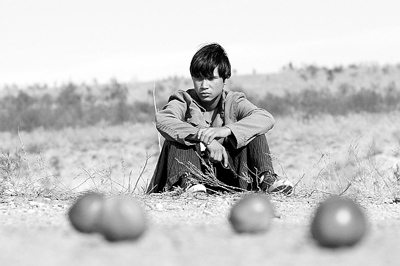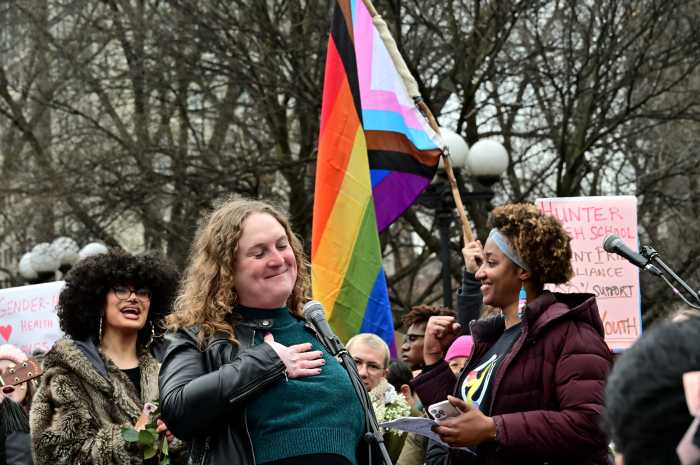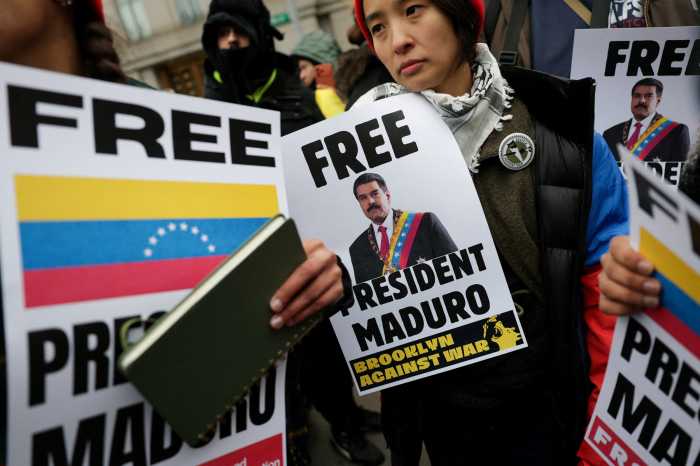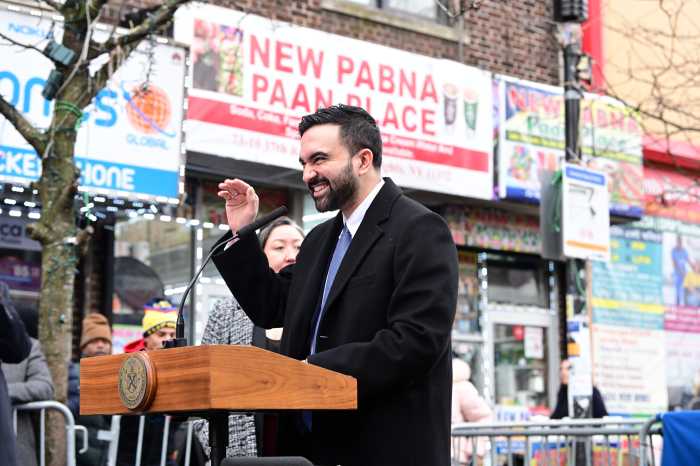A film from Kazakhstan explains how boys tick
“Schizo” is named for its title character, a troubled 15-year-old named Mustafa, who, apparently suffering from mental illness, even refers to himself with the derogatory nickname.
Mustafa is not clinically schizophrenic, but his attitudes and behavior are odd. One scene sums up his awkardness—he and a woman are listening to music, smiling and dancing. He then informs her that her boyfriend has been killed in a boxing match. She’s horrified. He goes on grinning.
Torn between corruption and his desire for redemption, Schizo is the product of a desperate society losing its bearings.
Set in the early 1990s, in the former Soviet republic of Kazakhstan, Schizo (Olzhas Nussuppayev) has been expelled from school for fighting. He visits a doctor and receives medication that’s supposed to correct his violent tendencies. He lives with his single mother and her boyfriend Sakura (Eduard Tabyschev). A petty thug, Sakura brings Schizo into his underground boxing syndicate. It offers few rewards and much danger, but many men are desperate enough to participate.
Schizo is happy with the work until a man dies. Charged with bringing a small amount of money to the dead man’s girlfriend Zinka (Olga Landina), Schizo visits her and discovers that she’s a mother. Despite the disparity in their ages, Schizo and Zinka become very close and eventually fall in love.
Although the Walter Reade and Anthology Film Archives ran a program of Central Asian films several years ago, Kazakhstan is terra incognita even for dedicated followers of world cinema. It has produced one major director—Darizhan Omirbaev, whose films would probably play in competition at Cannes and receive American distribution if he hailed from a less remote locale. Omirbaev’s sensibility, however, is hard to pin down, especially in “The Road” (his best and most recent film), and that may be another reason for his obscurity.
Omirbaev’s films and Omarova’s “Schizo” portray Kazakhstan as a multi-racial crossroads, combining influences from Russia, the Middle East and East Asia. What is essentially Kazakh is hard to figure out.
In some respects, “Schizo” resembles a western. It depicts Kazakhstan as a lawless, nonchalantly violent frontier. Omarova’s desolately beautiful landscapes—brown grass and weeds against a lush blue sky—recall John Ford and Anthony Mann. Even outside of any narrative context, the environs feel harsh and potentially oppressive. A key shot, in which Schizo walks away from a house as a train passes by in the background, could have come from Ford’s “The Searchers.”
One never gets the sense, though, that Omarova is trying to mythologize her country. Although full of serious incidents, “Schizo” also brings to mind the child-centered neo-realism of recent Iranian cinema.
Its 86 minutes fly by, yet “Schizo”never feels particularly fast-paced. Omarova brings a steady rhythm to her material. Every dramatic event is balanced by a moment of quiet. Her style varies from scene to scene. The boxing match is a riot of swirling angles, quick cuts and crowd noise, while more placid scenes contain little camera movement. Nevertheless, the film has a restless energy that matches Schizo’s moods and unpredictability.
Omarova got her start in filmmaking as an actress in Russian director Sergei Bodrov’s “Non-Professionals.” Now based in Holland, she wrote the script for “Schizo” with Bodrov, who shot his first film in Kazakhstan. The film reflects this international background, as well as the potential uncertainties of a first-time director.
If there’s one weakness to “Schizo,” it lies in the non-professional cast’s performances. It’s never clear to what extent Nussuppayev is really acting. For an adolescent, his sullen nonchalance seems all too real. After committing violence, he looks morose, but not much more so than in the rest of the film. The changes Schizo goes through are a little too challenging for a limited performer, which mutes the impact of the ending.
“Schizo” doesn’t play like an allegory of the newly independent Kazakhstan, but it could only have been made at—or about—a time and place where so much is up in the air. Schizo’s moral confusion doesn’t just represent one boy’s struggle but a general loss of moorings. As in his relationship with Zinka, something positive could emerge from this state of affairs. It’s not the kind of film that aims for a big emotional catharsis, but it earns its guarded optimism about Schizo’s future.
gaycitynews.com



































